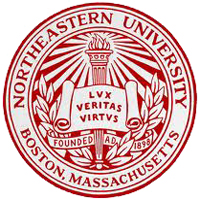
Energy M3 Intelligence Lab
Energy, M3 (Multifunctional Materials & Manufacturing), Intelligent Discovery
Northeastern University | Prof. Hongli (Julie) Zhu

Energy, M3 (Multifunctional Materials & Manufacturing), Intelligent Discovery
Northeastern University | Prof. Hongli (Julie) Zhu
While lithium-ion batteries have revolutionized portable electronics and electric vehicles, today's energy landscape demands more. As we face dwindling fossil fuels and mounting environmental concerns, the need for sustainable energy solutions has never been more critical. Yet current energy storage technologies often rely on materials that are neither renewable nor cost-effective, presenting both a challenge and an opportunity for innovation. In addition to cost, safety remains a paramount concern. Traditional lithium-ion batteries utilize flammable organic liquid electrolytes, which create inherent safety risks in the battery. Moreover, these systems struggle to meet the growing demand for higher energy density required in advanced applications such as long-range electric vehicles and large-scale grid storage. Our research group directly addresses these limitations by pursuing next-generation energy storage technologies that integrate high energy density with improved safety and sustainability. We focus on solid-state batteries and aqueous flow batteries. Through the development of novel materials, interfaces, and system designs, our goal is to push the boundaries of energy storage capabilities while ensuring environmental responsibility, scalability, and cost-effectiveness. For the latest developments and research highlights, please see our recent publications. |
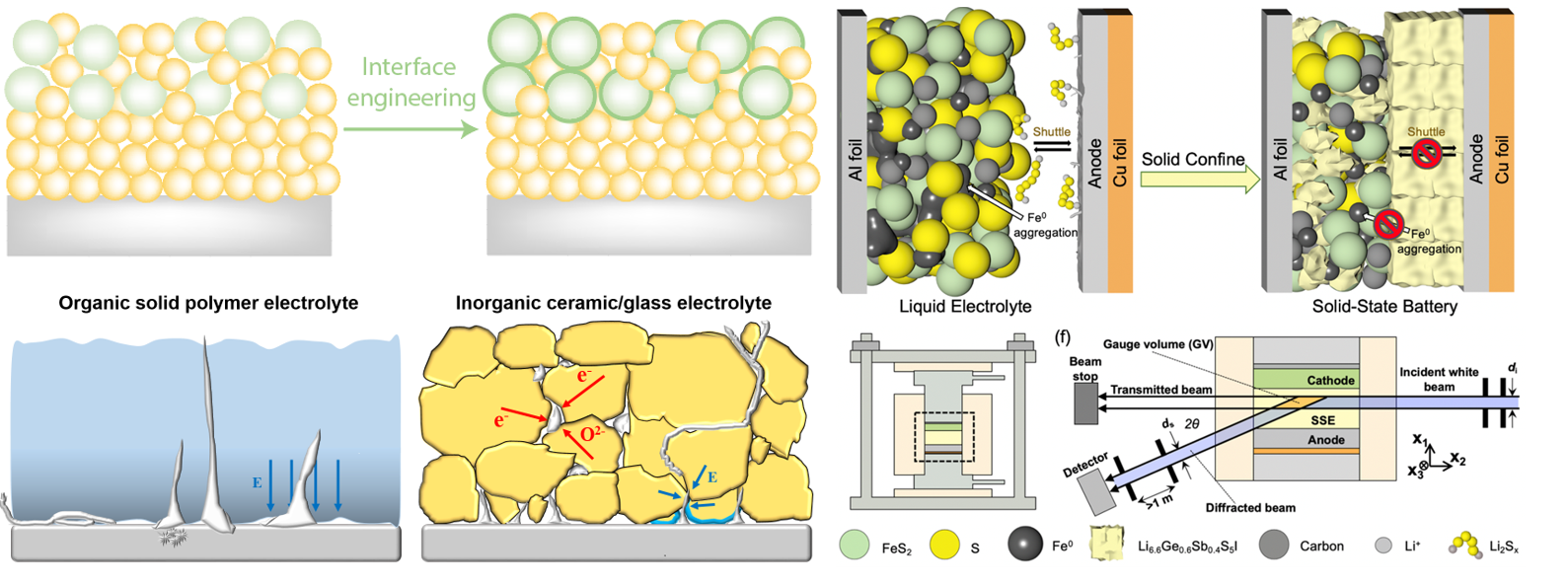 |
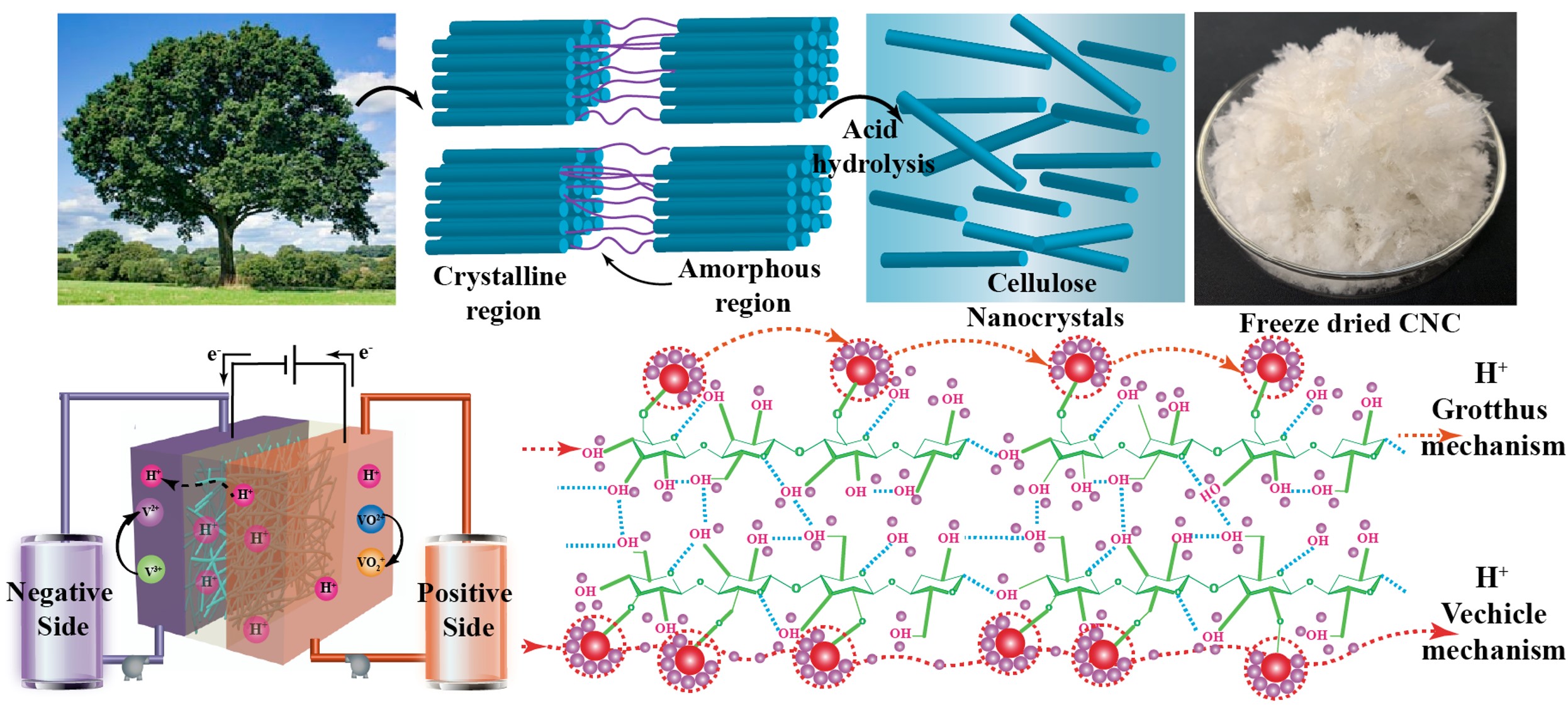 |
 |
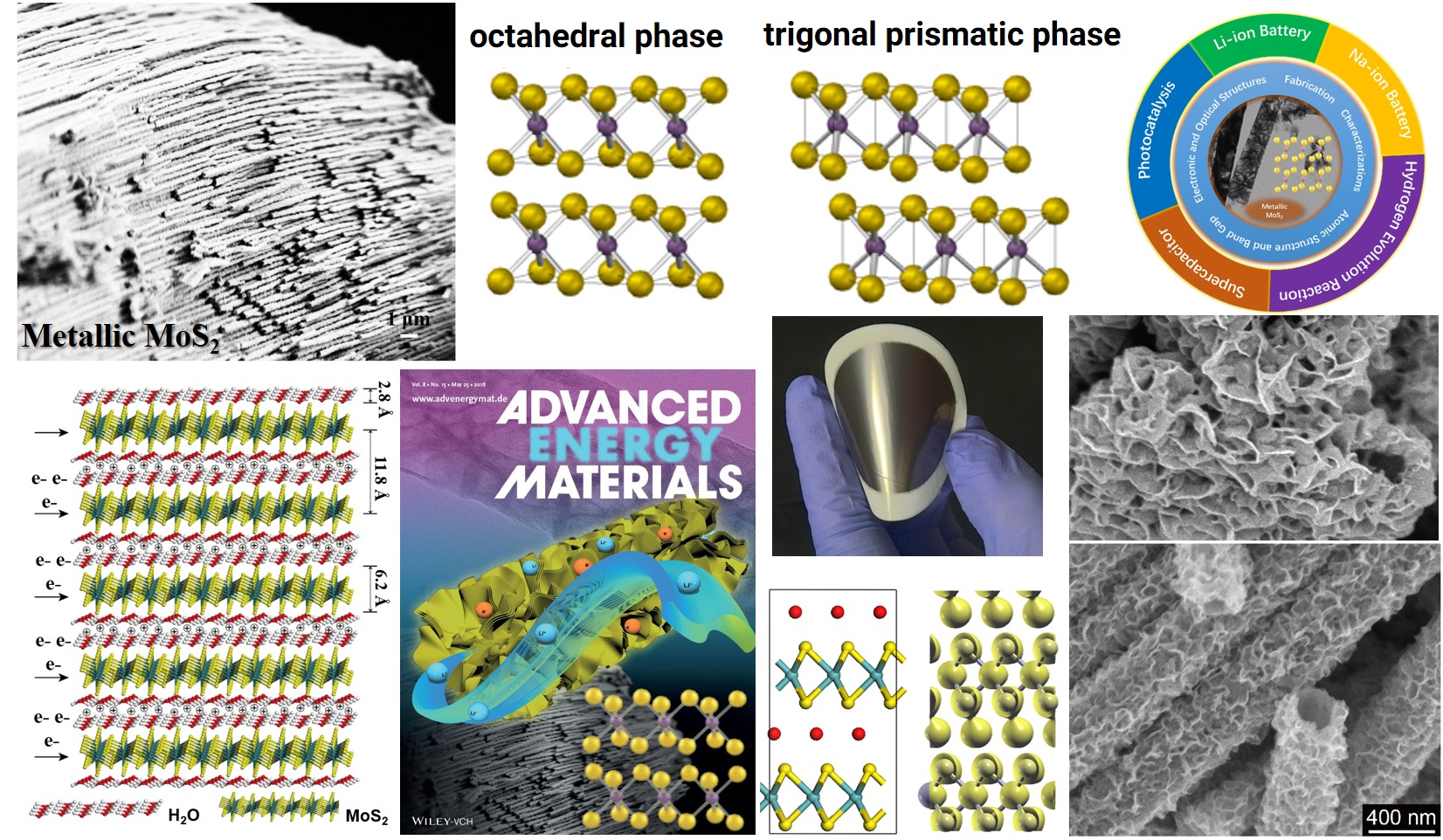 |
Nature's materials hold the key to a sustainable future. While petroleum-based products have driven technological progress for over a century, their environmental impact, particularly plastic pollution, has become an urgent global challenge. Our lab seeks solutions in nature's abundant biodegradable resources: cellulose, hemicellulose, lignin, tannin, and silk. Despite their remarkable potential, many of these natural materials remain underutilized. Cellulose is primarily confined to paper production, while lignin and hemicellulose, nature's sophisticated building blocks, await transformation into advanced materials. Our research explores these untapped possibilities, focusing on developing high-performance, multifunctional materials from bio-derived resources through bio-inspired strategies. We investigate the fundamental structure-property relationships of these materials, advancing their functionalization, processing, and characterization. Through innovative design strategies, we aim to create environmentally friendly, biodegradable materials that match or exceed the performance of conventional synthetic materials. Our work bridges the gap between nature's sustainable solutions and tomorrow's material needs, pushing the boundaries of what bio-derived materials can achieve. |
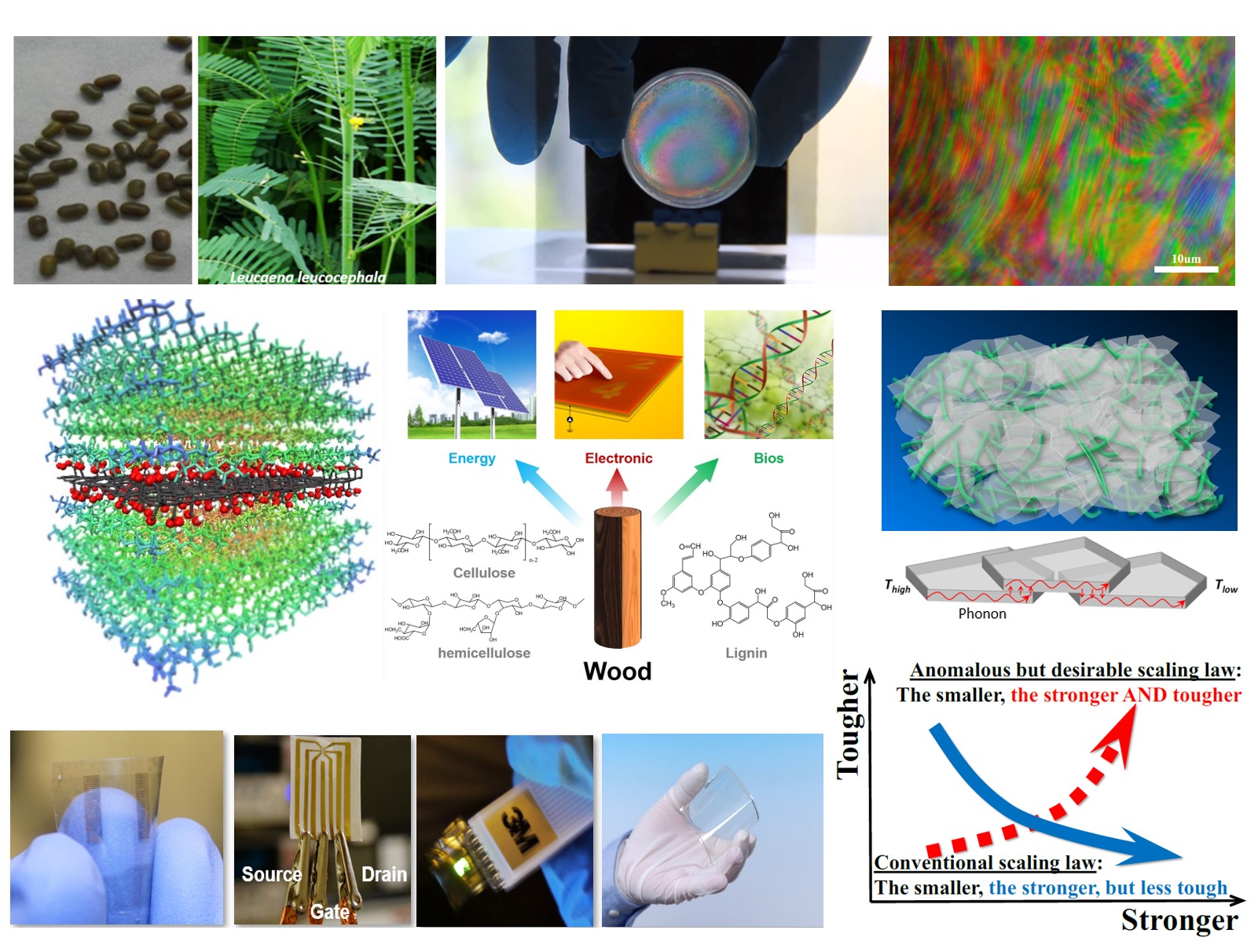 |
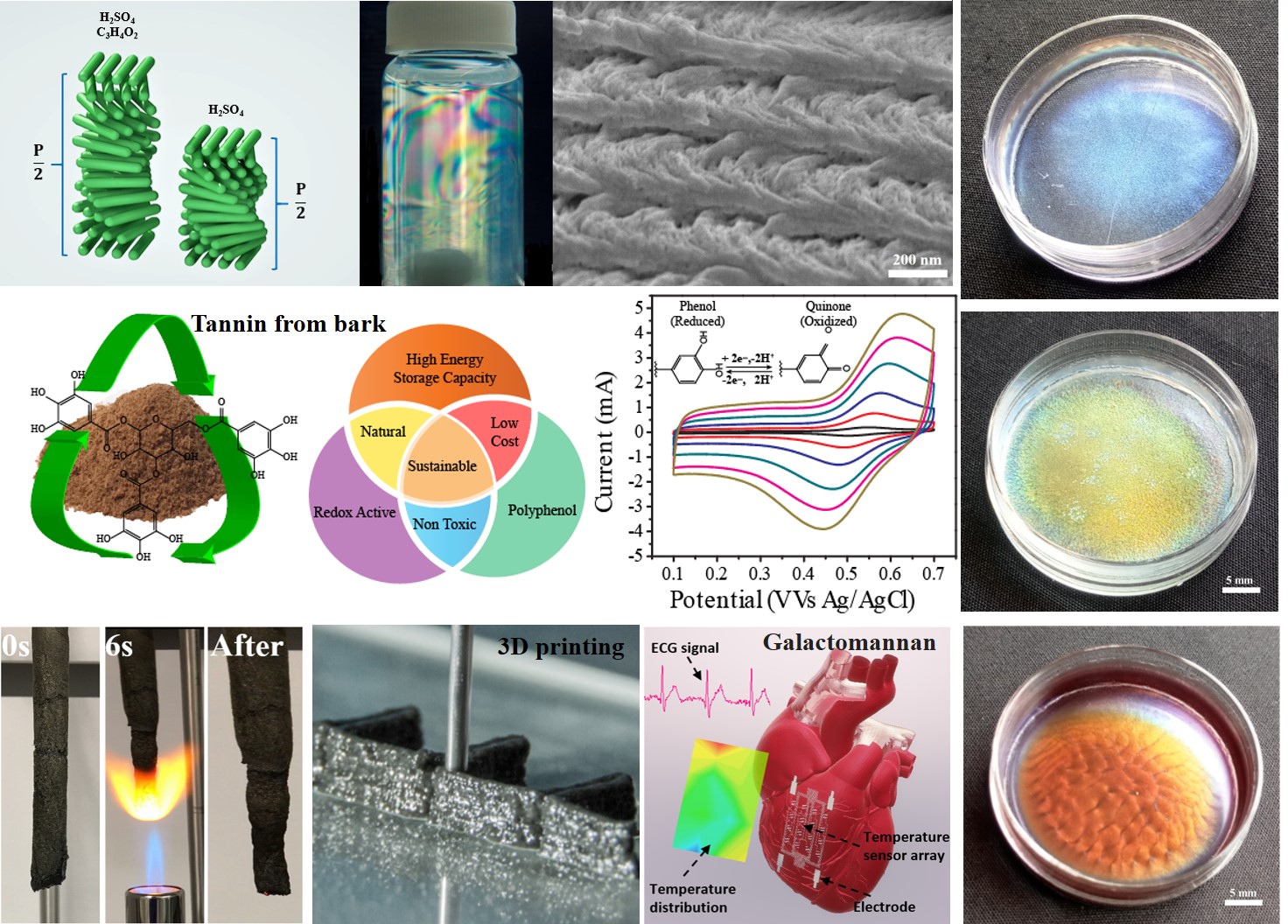 |
Our lab uniquely combines fundamental materials research with advanced manufacturing expertise. With over a decade of experience in high-speed roll-to-roll manufacturing, we specialize in scaling up innovative materials and energy storage devices from laboratory concepts to commercial reality. Our expertise spans various manufacturing processes, including paper production, precision coating, and advanced printing technologies. As co-director of Northeastern University's Advanced and Intelligent Manufacturing (AIM) master program, Dr. Zhu brings comprehensive manufacturing knowledge to our research. Our work encompasses both traditional and emerging manufacturing technologies, from materials selection and industrial robotics to additive manufacturing and Industry 4.0 principles. We're particularly focused on integrating intelligent control systems with manufacturing processes to optimize production efficiency and product quality. Through this combination of materials science and manufacturing expertise, we're working to bridge the gap between laboratory discoveries and practical, scalable solutions. Our goal is to accelerate the transition of innovative materials and energy storage technologies from concept to commercial implementation, addressing real-world challenges in sustainability and energy efficiency. Here is the MIE AIM program: Advanced and Intelligent Manufacturing (AIM) master program in NEU |
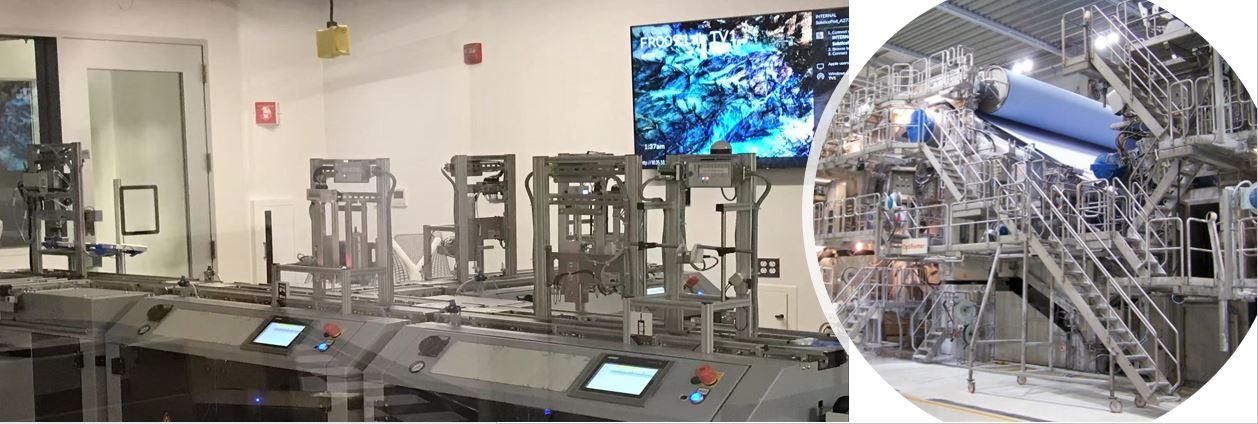 |